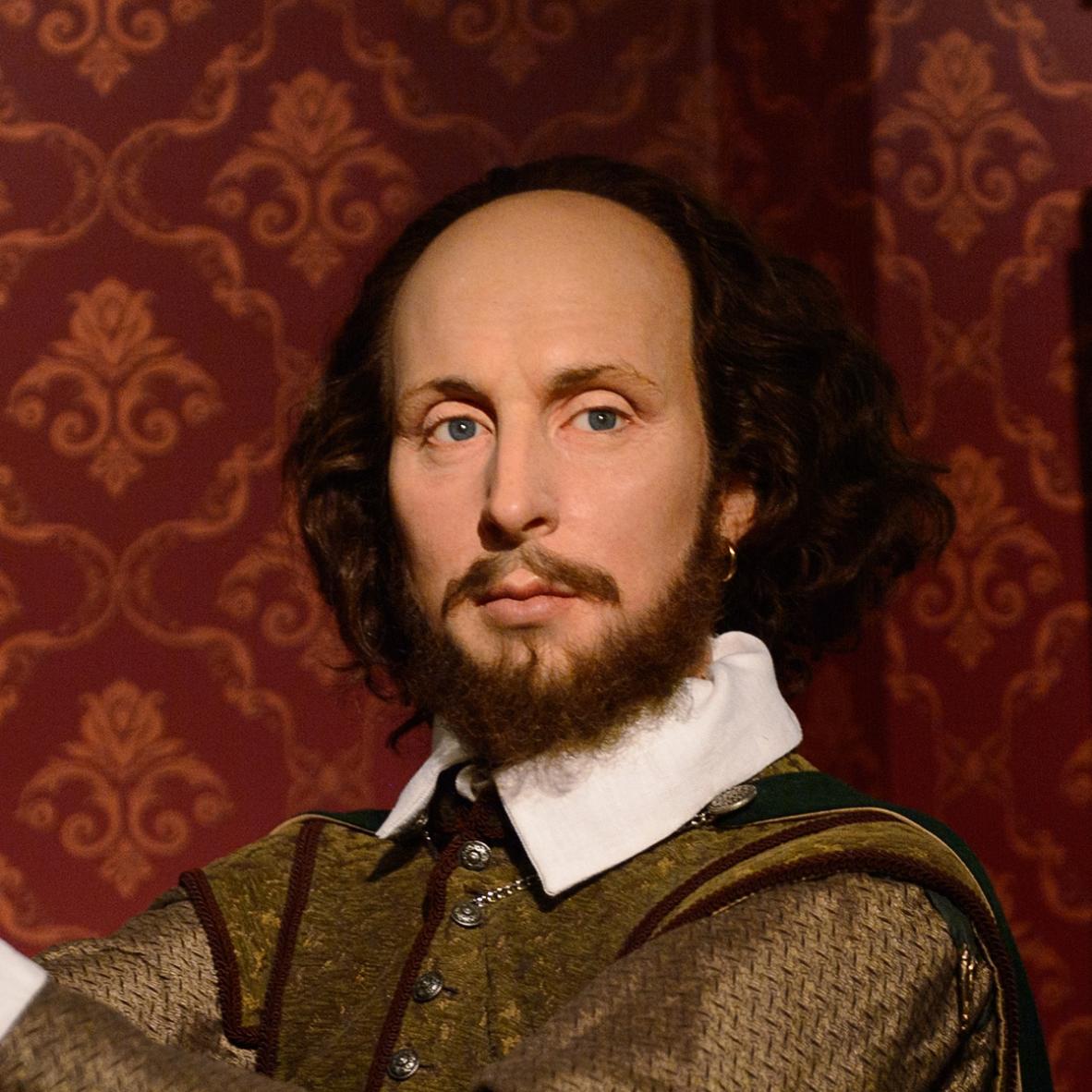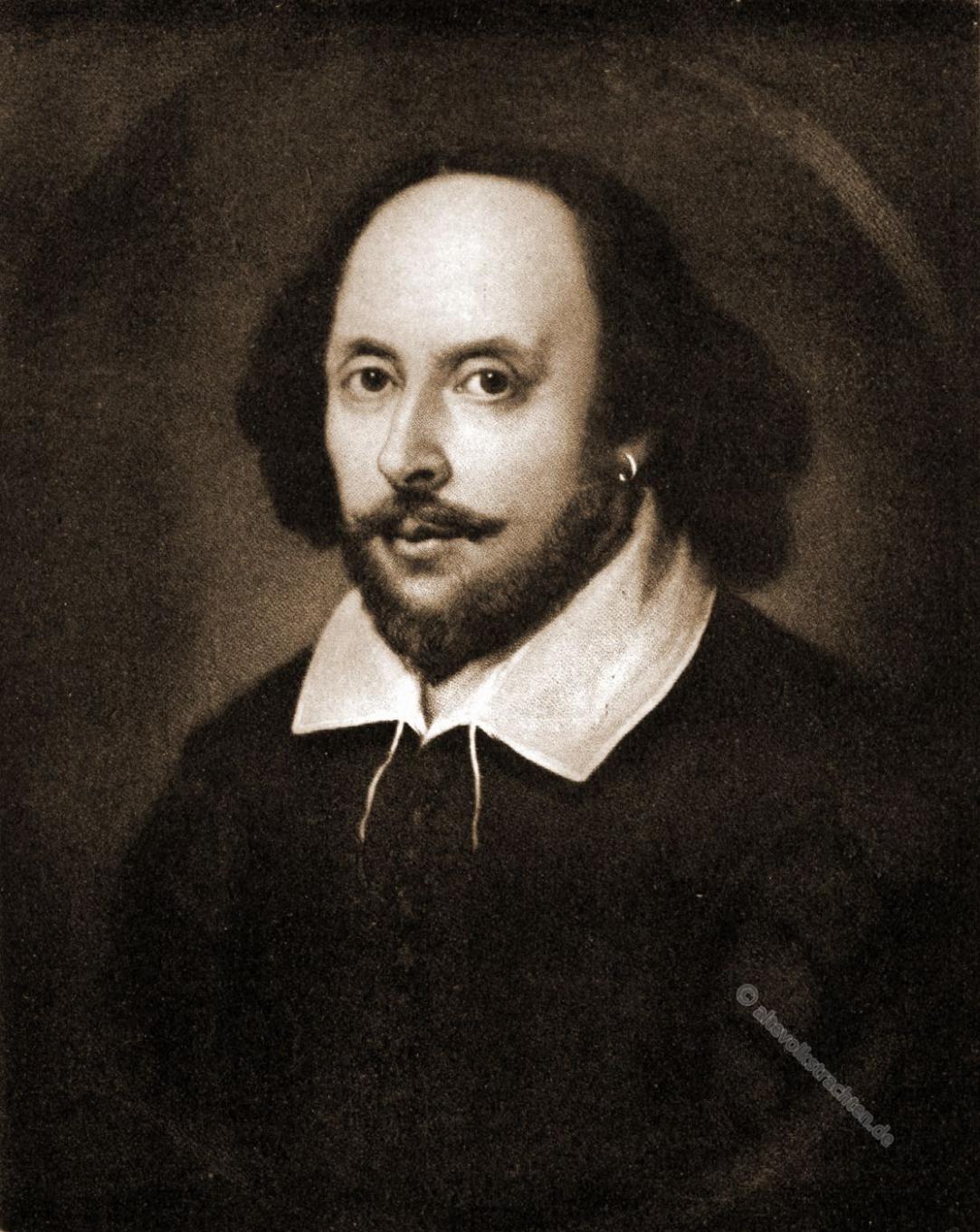Did William Shakespeare Exist?
William Shakespeare, the renowned playwright, poet, and actor, is widely regarded as one of the greatest writers in the English language. His works have captivated audiences for centuries, inspiring countless adaptations, performances, and scholarly analyses. However, despite his enduring fame, the question of whether Shakespeare actually existed has been a subject of debate for centuries.

Historical Context
The Elizabethan Era
Shakespeare lived during the Elizabethan Era, a period of significant cultural and historical change in England. The reign of Queen Elizabeth I saw a flourishing of the arts, including theater, literature, and music. Shakespeare's plays were performed in London's theaters, including the Globe Theatre, and quickly gained popularity among audiences of all social classes.
Limited Documentation
Despite his fame, there is surprisingly little biographical information available about Shakespeare. No diaries, letters, or other personal writings have survived, leaving historians with scant evidence to piece together his life. The only definitive records of Shakespeare's existence are his plays, poems, and legal documents, such as his will.
The Lack Of Physical Evidence
There is no definitive physical evidence directly linking Shakespeare to his works. No manuscripts in his handwriting have been found, and there are no portraits or other artifacts that can be確実に attributed to him. This lack of evidence has fueled speculation that Shakespeare may have been a pseudonym for another author or a group of authors.
Arguments For Shakespeare's Existence
The Folio Editions

One of the strongest pieces of evidence supporting Shakespeare's existence is the publication of the First Folio in 1623. This collection of Shakespeare's plays was compiled by two of his fellow actors, John Heminges and Henry Condell, and contains 36 plays attributed to Shakespeare. The First Folio was followed by subsequent editions, all of which attributed the plays to Shakespeare.
Contemporary References
There are also several references to Shakespeare by his contemporaries. Ben Jonson, a fellow playwright and poet, wrote a poem in which he praised Shakespeare's talent. Other writers, such as John Webster and Thomas Heywood, also mentioned Shakespeare in their works.
Legal Documents

Legal documents, such as Shakespeare's will and property deeds, also bear his name. These documents provide further evidence that Shakespeare was a real person who lived and worked in England during the Elizabethan Era.
Arguments Questioning Shakespeare's Existence
The Lack Of Education
One of the arguments against Shakespeare's existence is his lack of formal education. Shakespeare is believed to have attended grammar school, but there is no evidence that he received a university education. This has led some to question how he could have acquired the vast knowledge and vocabulary evident in his works.
Multiple Authorship Theories
Another argument against Shakespeare's existence is the theory that multiple authors, including Christopher Marlowe and Francis Bacon, may have collaborated on the works attributed to Shakespeare. Proponents of this theory point to stylistic inconsistencies and variations in vocabulary across Shakespeare's plays as evidence of multiple authors.
Stylistic Inconsistencies
Some scholars have also pointed to stylistic inconsistencies in Shakespeare's plays as evidence that they were written by multiple authors. For example, some plays contain passages of high literary quality, while others contain passages that are more colloquial or even vulgar. This variation in style has led some to believe that different authors wrote different parts of Shakespeare's plays.
The Impact Of The Debate
Cultural Significance
The debate over Shakespeare's existence has had a significant impact on the cultural legacy of his works. Some people believe that questioning Shakespeare's authorship diminishes the value of his plays and poems. Others argue that the debate has opened up new avenues of research and interpretation, leading to a deeper understanding of Shakespeare's work.
Academic Discourse
The debate over Shakespeare's existence has also sparked ongoing scholarly debates and research. Academics from various disciplines, including literature, history, and linguistics, have weighed in on the issue, presenting new evidence and arguments on both sides of the debate.
Popular Culture
The mystery surrounding Shakespeare's existence has also captured the imagination of popular culture. Several films and documentaries have been produced exploring the debate over Shakespeare's authorship. These works have introduced the issue to a wider audience and helped to keep the debate alive.
The debate over whether William Shakespeare existed is likely to continue for many years to come. There is no definitive answer to the question, and the evidence on both sides is compelling. However, regardless of the authorship debate, Shakespeare's works continue to be celebrated and enjoyed by audiences around the world.
YesNo

Leave a Reply